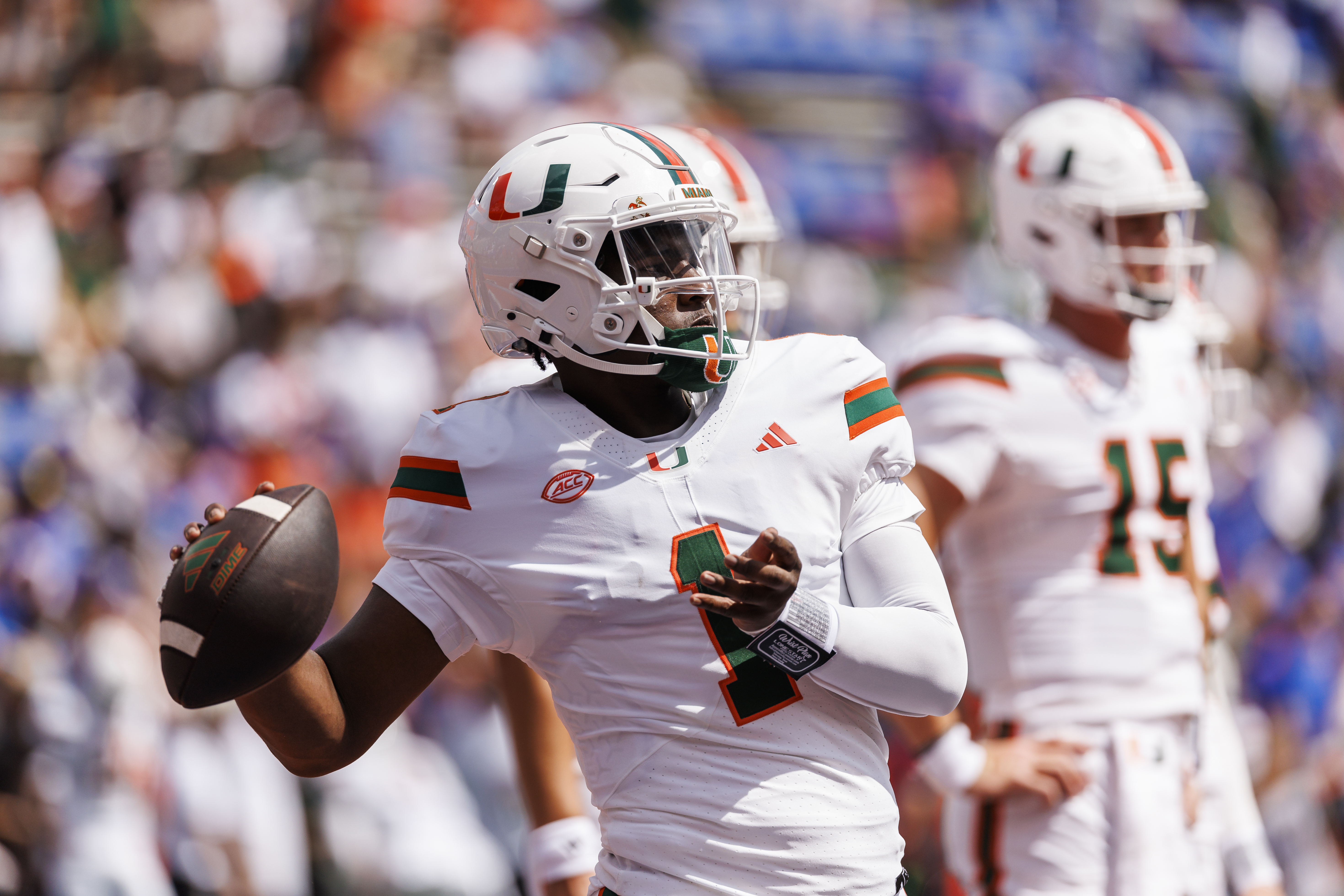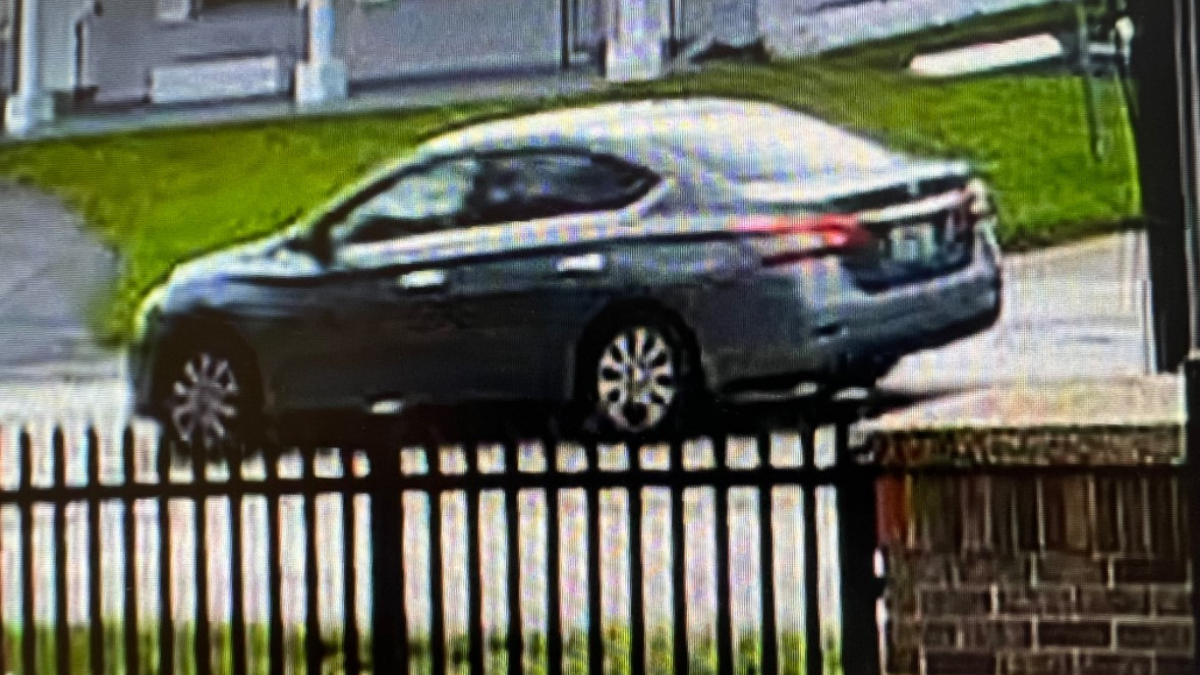Indy race car driver Helio Castroneves, his sister and his lawyer engaged in an intricate "pattern of deception" to avoid paying U.S. income taxes on millions of dollars over a five-year period, a prosecutor said Thursday in closing arguments at the trio's tax evasion trial.
"These defendants attempted to skip out on taxes that all must pay, regardless of how rich, regardless of how famous," said Assistant U.S. Attorney Jared Dwyer as the six-week trial drew to a close. "We have proved that beyond a reasonable doubt."
Castroneves, a Brazilian who twice won the Indianapolis 500, and the others tried to conceal his control of a Panamanian shell company called Seven Promotions and lied to tax lawyers and accountants about his true income, Dwyer said. Documents and witnesses support the prosecution's claims that Castroneves knowingly dodged some $2.3 million in U.S. taxes between 1999 and 2004, he added.
"Since 1999, the defendants have engaged in a pattern of deception," Dwyer said.
Defense lawyers for Castroneves, his sister and business manager Katiucia Castroneves and Michigan attorney Alan Miller were scheduled to begin their closing arguments later Thursday and continue into Friday. The 12-person jury was expected to begin deliberations Friday afternoon.
Each of the three could face more than six years in prison if convicted of conspiracy and tax evasion charges. The case mainly involves a $2 million sponsorship deal Castroneves had with the Brazilian firm Coimex and his $5 million licensing agreement with Penske Racing that was signed in late 1999.
Castroneves is still part of Team Penske but has been replaced by Australian driver Will Power pending the outcome of the trial. Penske executives testified that Castroneves is one of the IndyCar circuit's top drivers, gaining even greater fame by winning TV's "Dancing With The Stars" competition in 2007.
Local
Central to the prosecution's case is who controlled Seven Promotions. Castroneves' father, Helio Castroneves Sr., testified that he created the Panamanian company as a vehicle to promote his son's career and that at various times it was owned by a Brazilian lawyer or by executives at Coimex.
But Dwyer scoffed at that testimony, pointing to numerous documents and witness statements indicating Castroneves controlled Seven. If that was true, he owed U.S. taxes on the $5 million because Penske stood ready to make the payments -- even if Miller abruptly told Penske not to pay the money to Seven.
"The basic rule is, you can't turn your back on income," Dwyer said.
Testimony indicated Miller stopped the payments because Penske would have withheld 30 percent in taxes. The $5 million eventually wound up in a deferred compensation account with the Dutch firm Fintage Licensing B.V., where it remains today.
Castroneves' attorneys have said U.S. taxes would be paid when that account comes due in May of this year.
Besides the Penske and Coimex money, prosecutors say Castroneves claimed thousands of dollars in improper tax deductions and failed to disclose as income Hugo Boss clothing and airline tickets he received.



